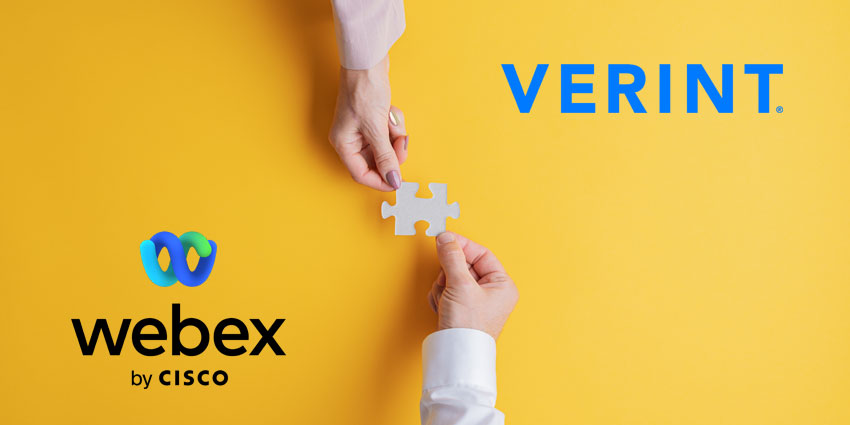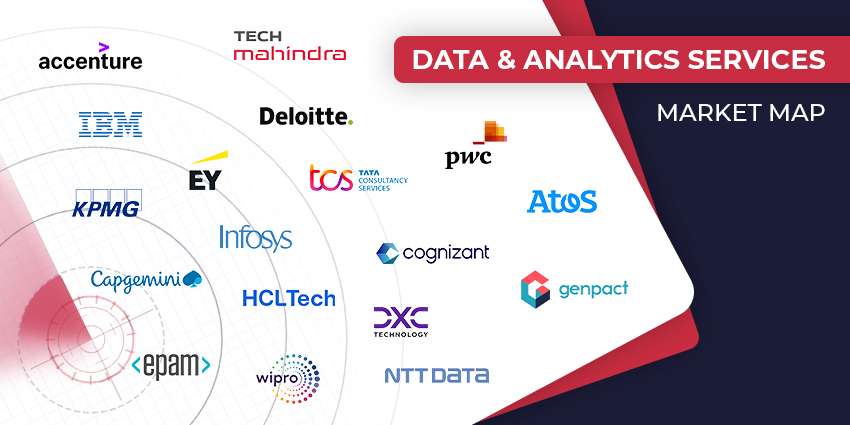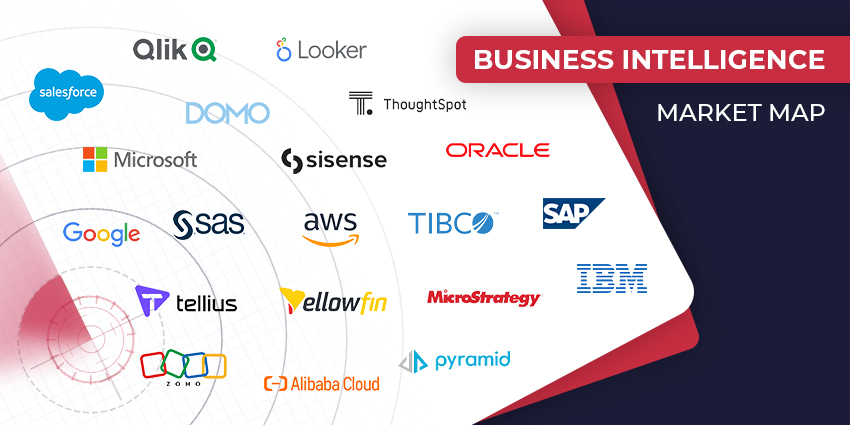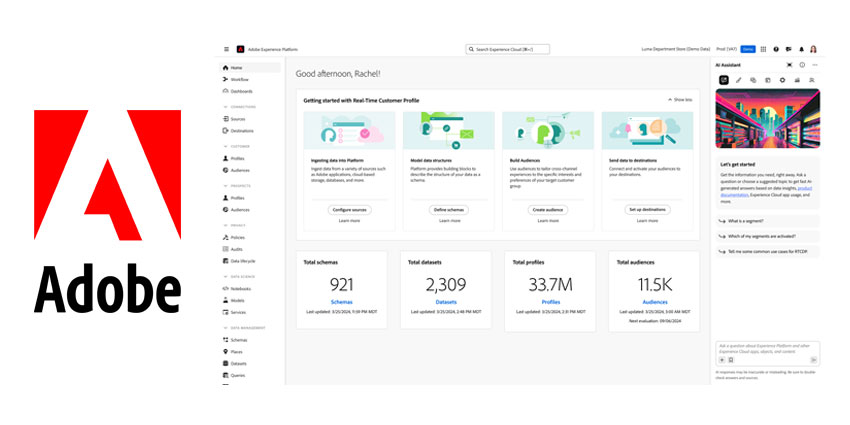The demand for cloud-based solutions is growing exponentially. This is evident in the rapid growth of the cloud computing market.
In 2021, Fortune Business Insights estimated the global market to be worth $405.65BN. By 2029, the analyst predicts it will reach $1,712.44BN.
As these statistics suggest, organizations of every size will continue to migrate more of their processes and technology to the cloud.
In doing so, they’ll achieve greater agility, scalability, and speed of innovation.
IBM and AWS (Amazon Web Services) are two of the most popular cloud giants in the marketplace today, each with deep cloud ecosystems.
Let’s take a closer look at what these providers can deliver.
What Is IBM Cloud?
Formerly known as BlueMix, IBM Cloud is a set of cloud computing services that launched in 2006.
IBM targets most of its use cases at large and midsized enterprises, with a significant focus on hybrid cloud, quantum computing, and industry-specific services.
Learn more about IBM Cloud in the video below.
What Is AWS?
The first AWS cloud products launched in 2006. Now, the ecosystem provides IT services to companies of all sizes, with CCaaS, ERP, IOT, and many more cloud products.
The vendor is also moving into new spaces, including private 5G, while its wide-ranging portfolio attracts interest from businesses of all shapes and sizes.
Delve deeper into the AWS cloud infrastructure by watching the video below.
How do They Compare?
IBM Cloud and AWS provide IaaS, PaaS, and SaaS products and services. According to its cloud catalog, as of February 2023, IBM cloud offers 208. AWS boasts 238.
Installing data centers across various regions support services in the cloud. AWS currently has data centers in 31 locations across the globe. IBM Cloud has 27.
Notable customers of AWS include Meta, Netflix, and Disney. Brands such as Allianz, Panasonic, and Deloitte harness IBM Cloud
According to Gartner in its 2022 Magic Quadrant for Cloud Infrastructure and Platform Services, AWS is a market leader. Alternatively, it labels IBM Cloud as a niche player.
The market analyst notes the breadth of functionality, its prosperous ecosystem, and its market share – twice that of Microsoft – as significant strengths for AWS.
Meanwhile, Gartner highlights IBM’s focused strategy on regulated industries, vision for modernizing enterprise workloads, and container management software as its most prominent plus points.
On the other hand, the report pinpoints cautions that include historic reliability issues (with significant global disruption in 2021), slow market responsiveness, and a less comprehensive sovereign cloud proposition than competitors.
Gartner also presents concerns about AWS, including its multi-cloud and sovereign strategy, regional dependencies, and communication, alongside its eroding customer relationships.
Indeed, Oracle recently noted this in an earnings call, noting how it is attracting AWS customers.
Nevertheless, AWS seems to lead the market from a capability standpoint and is growing rapidly, with a diverse customer base that spans many geographies, sectors, and business sizes.
At this point, most analysts would consider it the market leader in cloud infrastructure.







